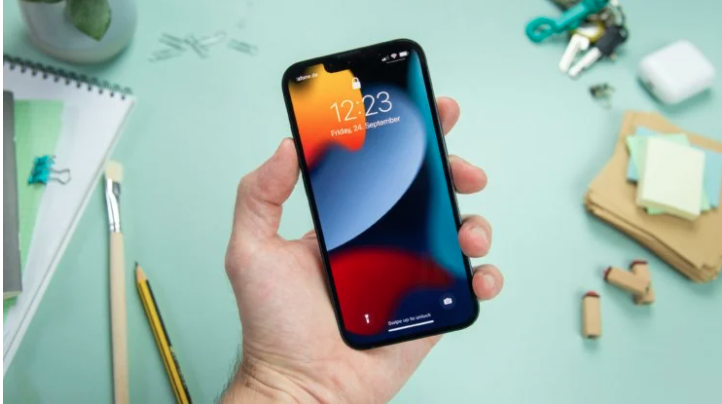iPhone users complain about screen issues on iOS 15
iOS updates are almost always a lottery. You can never be sure in advance that after installing them everything will be fine. That autonomy will sag, then Bluetooth or Wi-Fi will start acting up, then something else will happen. Problems can be very different, and there may be no way to solve them at all. Therefore, many prefer not to update for the time being, waiting for the feedback of those who nevertheless took the risk. iOS 15 was no exception, and users who refused to install it among the first clearly did not lose.
The installation of iOS 15 has caused the screens of some iPhones to become unresponsive to touch
Despite the fact that the problem is more of a point than a mass character, there are still quite a lot of users who have encountered it. Most often, it affects owners of the iPhone 13. And, apparently, the failure is present on a variety of models – both classic and Pro.
iPhone doesn’t respond well to touch
However, among those affected by the failure of the touchscreen after updating to iOS 15, there are owners of other Apple smartphones. Basically, we are talking about full-screen models with Face ID. In any case, there were practically no complaints from iPhone users of earlier generations.
Obviously, we are talking about a software failure, because the problem affects not only iPhone 13 users. After all, if only they complained about the lack of screen sensitivity, this could be mistaken for a manufacturing defect, but the presence of iPhone owners of earlier generations among the affected indicates that the whole thing is in iOS 15.
iPhone does not respond to touches. What to do
Apple itself, although it responded to the problem, has not yet offered any effective methods to fix it. All that is offered to users is to restart the iPhone and, if this does not help, reset it to factory settings, and then roll up the backup with all the data again.
Oddly enough, rebooting temporarily solves the problem. However, the sensitivity returns to smartphones only for a short period of time, after which it disappears again. Therefore, to call this method somehow effective does not turn the tongue, but memorize it, and it is still impossible to recommend it 100%. But what is possible is a rollback to iOS 14.8. But hurry up while it’s still being signed.
In iOS 15.1, which Apple is testing right now, there is no glitch. In any case, some of the iPhones that did not respond to touch on iOS 15 began to respond to them after updating to the beta build. On the one hand, this is good. But, on the other hand, the release of iOS 15.1 will clearly take place closer to November, so it would be reasonable for Apple to release an interim patch with fixes.
For the role of such, iOS 15.0.1 may well be suitable. Earlier this week, there were rumors that Apple would release this patch on Tuesday or Wednesday, but they did not come true.

